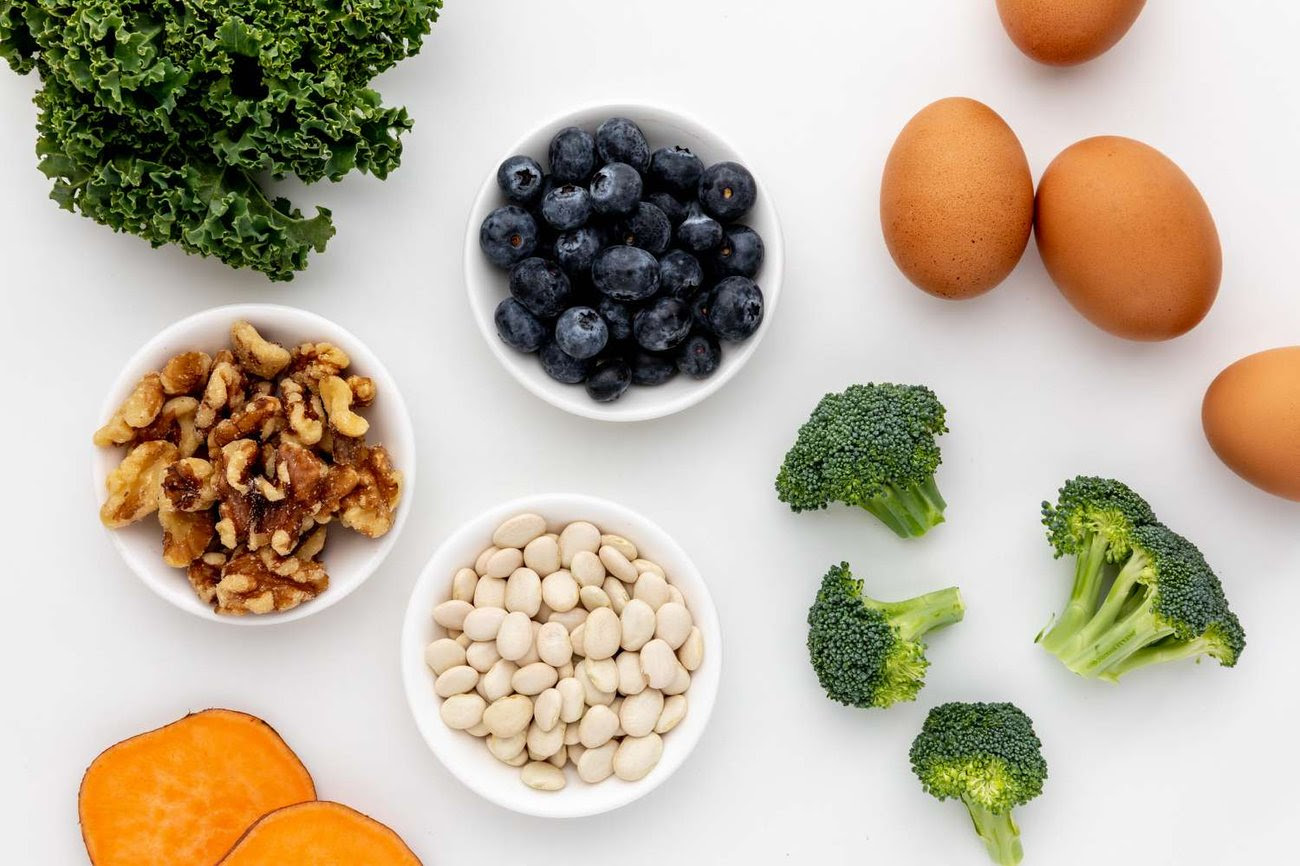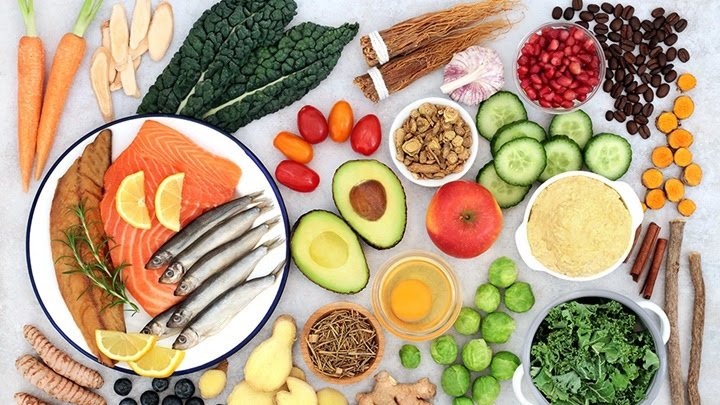What is an Anti-Inflammatory Diet and Can You Benefit?
Have you heard of the Anti-Inflammatory Diet and want to know if you can benefit? Then keep reading cause today we'll be going over what this diet is, what foods to emphasize/limit on it, and who it may help!

The anti-inflammatory way of eating came about from the idea that nutrition can influence the inflammation present in someone's body. An anti-inflammatory diet therefore involves the overall reduction of inflammatory foods (that are specific to an individual). Since inflammation is thought to be the driver of chronic disease, this diet may reduce one's susceptibility to or symptoms of chronic illness. On this diet, each individual will likely need to use trial and error to determine what their body responds to best.

- Processed, greasy or super sweet
- Sweets, cakes, cookies
- Sugary drinks and sodas
- High fructose corn syrup
- High fat processed red meat (like hot dogs, bacon)
- Saturated fat
- Fried food
- Trans fat
- Vegetable oil
- Processed corn
- Gluten may need to be avoided
- Dairy may be okay if low fat - the largest concern is saturated fats
- Partially hydrogenated oils
- Processed cheese (like nacho cheese dip)
- Snack foods like potato chips
- Alcohol

- Beans (high in fiber and antioxidants)
- Chicken and turkey breast
- Fish and foods high in omega 3's
- Eggs
- Nuts
- Olive and avocado oil
- Whole grains (oatmeal, brown rice, unrefined grains)
- Rice
- Fruits and veggies. In particular, vitamin K rich leafy greens like spinach and kale reduce inflammation, as do broccoli and cabbage. Cherries, raspberries, blackberries, and blueberries are anti-inflammatory
- Avocado
- Hemp seeds
- Beets
- Spices and herbs (turmeric, garlic)
One can also be encouraged to increase their unsaturated fats high in omega 3s (flax seeds, chia seeds, hemp seeds, cold water fish, walnuts), which are naturally anti-inflammatory.

- Autoimmune conditions
- Lupus
- Hashimoto’s thyroiditis
- Addison’s disease
- Graves disease
- Multiple sclerosis
- Sjögren’s syndrome
- Rheumatoid arthritis
- Arthritis
- Type 1 diabetes
- Infertility
- IUI / IVF
- Polycystic ovarian syndrome
- Endometriosis
- Hyperthyroid
- Hypothyroid
- Celiac disease
- IBS
- IBD
- Chron's
- Diverticulitis
- High blood pressure
- High cholesterol
- Heart diseases
- History of stroke or heart attack
If you fall into any of these categories, an anti-inflammatory diet may benefit your health!
